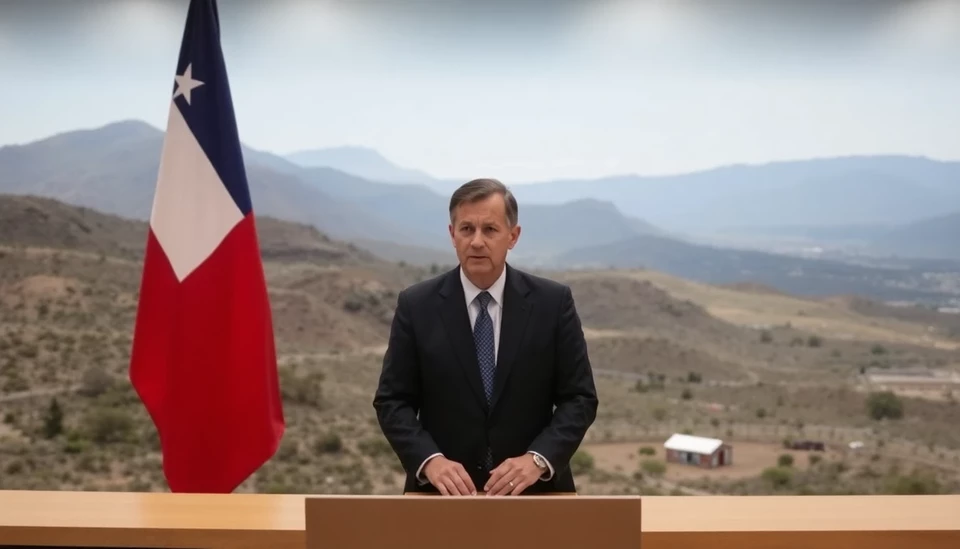
In a significant development for Chile's energy sector, the country’s Energy Minister has signaled a willingness to delay the implementation of a much-debated pricing reform. This decision comes in the wake of strong public resistance and concerns surrounding the potential impact on consumers and the overall economy. The proposed changes, which had been on the table for some time, are now facing intensified scrutiny from various stakeholders.
Minister Diego Pardow addressed the media on Sunday, indicating that the government is ready to reassess the timeline for the pricing adjustments. These reforms, initially aimed at creating more market efficiencies and promoting renewable energy use, have raised alarm among citizens who fear higher energy bills amid an economic downturn.
“We are open to reconsidering the timeframe for these changes,” Pardow stated, mentioning that the administration is committed to listening to the voices of the public. The Minister acknowledged the concerns that the pricing changes would disproportionately affect low-income households, particularly as Chile grapples with inflationary pressures and rising living costs.
Originally scheduled for implementation in early 2025, the reform aims to transition to a new system that would alter the pricing mechanism for electricity, making it more susceptible to market fluctuations. Proponents argue that this shift will encourage competition and attract investment into the renewable energy sector. However, critics have raised the alarm over what they consider an untested model that could lead to volatility in household energy bills.
The backlash has been swift. A recent poll indicated that a majority of Chileans oppose the reform, prompting lawmakers and civil society groups to voice their dissent. Many citizens expressed fears that the changes would exacerbate existing social inequities, particularly in a country already marked by stark economic disparities.
In response to the public outcry, the Energy Ministry has promised to engage in extensive consultations with various stakeholders, including utilities, consumer advocates, and local governments, before proceeding with any revisions to the pricing structure. “Our goal is to find a balance that supports sustainable energy growth while also safeguarding consumer interests,” Pardow added during his address.
As Chile transitions towards a greener energy future, the success of these reforms hinges on public support and trust in the government's ability to manage the complexities of energy pricing without compromising the welfare of its citizens. Observers are keenly watching how the administration will navigate this challenging landscape in the months ahead.
Ultimately, as discussions continue, the future of Chile’s energy pricing reform remains uncertain. The government’s decision to pause and reevaluate highlights the importance of aligning energy policy with the needs and concerns of the populace, ensuring that the rolling out of such significant changes happens with ample consensus and careful consideration.
As Chilean officials prepare for the next steps, all eyes will be focused on their commitment to transparency and accountability in the energy sector—a vital aspect for restoring faith among citizens who are understandably wary of changes that may affect their daily lives.
In conclusion, with rising costs burdening many households, the decision to pause the contentious pricing reform illustrates the government's responsiveness to public sentiment, setting the stage for further dialogue on how best to achieve energy goals while protecting consumer households from undue financial strain.
#ChileEnergy #PricingReform #RenewableEnergy #PublicOpposition #EnergyPolicy #Sustainability #EconomicImpact
Author: Samuel Brooks




